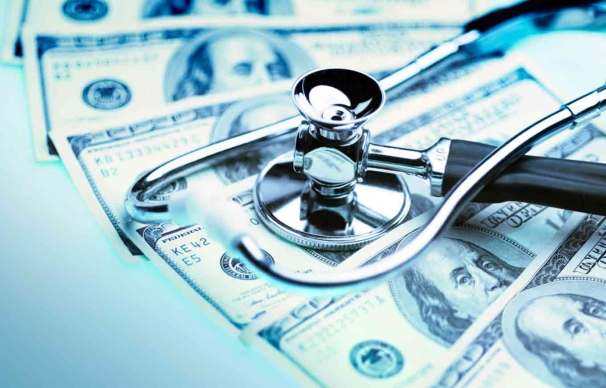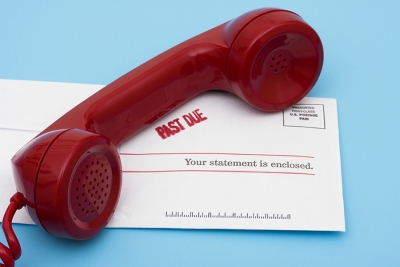When you’re faced with a serious medical emergency, whether injury or illness, it can turn your world upside down. When you should be focused on healing, you may find yourself worrying about mounting bills and your ability to keep your finances on track. It can be overwhelming.
Unfortunately, far too many Americans have faced the difficulty of trying to simultaneously piece themselves, their lives and their finances back together after a medical tragedy. One-third of Americans struggle to pay their medical bills and over 64 million consumers have a medical collection on their report.
The distressing fact is – if your personal health takes an unexpected turn, the health of your credit rating could suffer for years.
Did you know…?
• Even if you’re making payments on a medical bill, it STILL may be sent to collections.
• Paying the collection agency may not fix your credit. In most cases, those accounts are reported for 7.5 years and are often very damaging — paid or unpaid.
• The size of the debt is not as important as the status of the debt. In other words, even a relatively small bill that winds up with a bill collector can harm your credit score.
However, some good news…a recent change in the way credit scores are calculated could offer some relief. Medical collection accounts will carry less weight against your score under the new FICO model. But it’s important to note that most lenders still use older versions that do not give medical collections any special treatment. For that reason, you should assume that if you find a collection account on your credit report, it will likely be viewed negatively when you apply for credit, insurance or employment.
It’s critical to give your credit health a “check up” on a regular basis. Contact us to see how we can help!









Leave A Comment